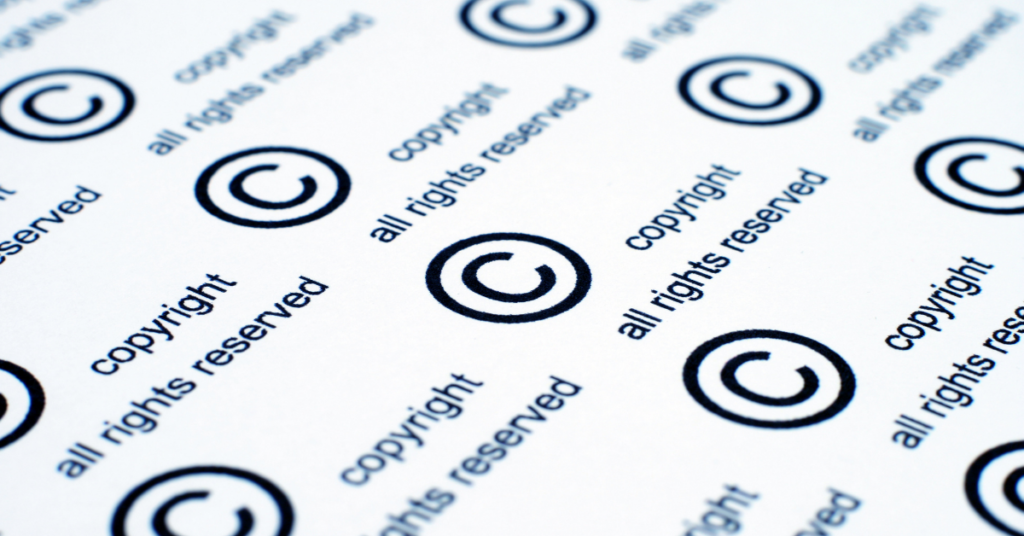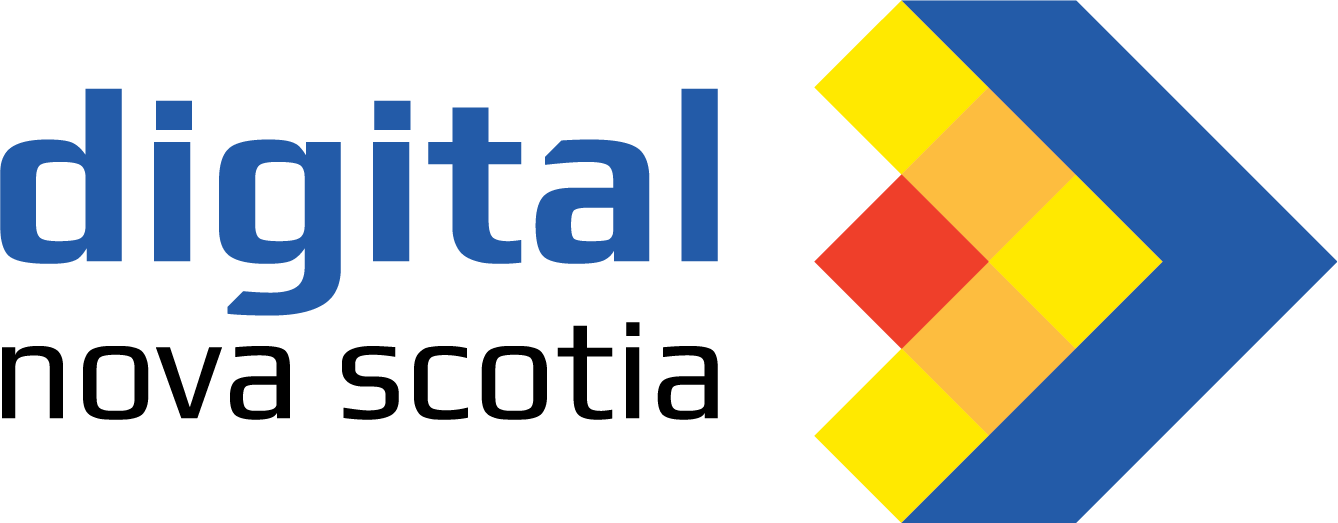
July 16, 2021
July 16, 2021 – Ottawa, Ontario
The Government of Canada is committed to ensuring the Copyright Act remains responsive to modern realities and that Canada’s copyright framework continues to be effective in fostering innovation and investment as new technologies develop. To do so, Canada’s copyright framework should support the changing needs of artists, innovators and consumers in a high-tech world.
Building on the stakeholder engagement and committee reports from the 2019 Statutory Review of the Copyright Act, the Honourable François-Philippe Champagne, Minister of Innovation, Science and Industry, and the Honourable Steven Guilbeault, Minister of Canadian Heritage, are launching a public consultation today on a modern copyright framework for artificial intelligence (AI) and the Internet of Things (IoT).
As developments in AI and the proliferation of IoT and software-enabled devices increase, it is crucial to ensure that Canada’s copyright framework is able to respond effectively to new challenges. This consultation touches on a number of topics, including text and data mining, authorship and ownership of works created by AI, infringement and liability regarding AI, and repair and interoperability issues related to technological protection measures.
A consultation paper outlines the challenges to the copyright framework for each of these topics and presents questions to help design specific options and approaches to address them. The government is seeking additional evidence from stakeholders concerning these challenges and welcomes all comments and perspectives. Participants have until September 17, 2021, to share their input.
Responses received will be made publicly available following the consultation period and will help inform the government’s policy development process to ensure that Canada’s copyright framework for AI and IoT reflects the evolving digital world.
Quotes
“The Copyright Act impacts many sectors of our economy. This consultation will allow us to hear the diverse perspectives of Canadians who want to make sure Canada’s copyright framework supports innovation, investment and competition as digital technologies continue to play a bigger role in generating growth and creating jobs.”
– The Honourable François-Philippe Champagne, Minister of Innovation, Science and Industry“Canada’s copyright framework must reflect the realities facing our creators and cultural workers in the high-tech world. We know that rapid advances in digital technology have a strong impact on how Canadians create and share cultural products that we all cherish. This is why we want to hear from Canadians and address these challenges with them as we move forward together.”
– The Honourable Steven Guilbeault, Minister of Canadian Heritage
Quick facts
– The government is taking a phased approach to the review of the Copyright Act while considering the recommendations from the parliamentary committees.
– From February 11 to March 31, 2021, the government consulted on how to implement Canada’s commitment under the Canada–United States–Mexico Agreement to extend the general term of copyright protection.
– From April 14 to May 31, 2021, the government consulted on how the use of copyright-protected content online is protected and how individual rights and freedoms in an open Internet are safeguarded, while facilitating an environment where the digital market can thrive.
– Through Canada’s Digital Charter and its leadership role in the Global Partnership on Artificial Intelligence, the Government of Canada is making sure that our digital and data-driven economy is built on a strong foundation of trust and that AI is developed and used responsibly to the benefit of all citizens.
Artificial intelligence and the Internet of Things:
– Artificial intelligence (AI) is a technology intended to replicate human thought by analyzing, learning from and reacting to challenges without human direction. AI serves a role in software and technologies by customizing the user experience, simplifying the analysis of data or reducing the costs of human labour.
– Internet of Things (IoT) refers to networks of devices equipped with software and sensors that connect and exchange data with other devices using the Internet. Common IoT devices include smartphones, televisions and vacuums. IoT is also significant in the medical, agricultural and manufacturing sectors.
Read more